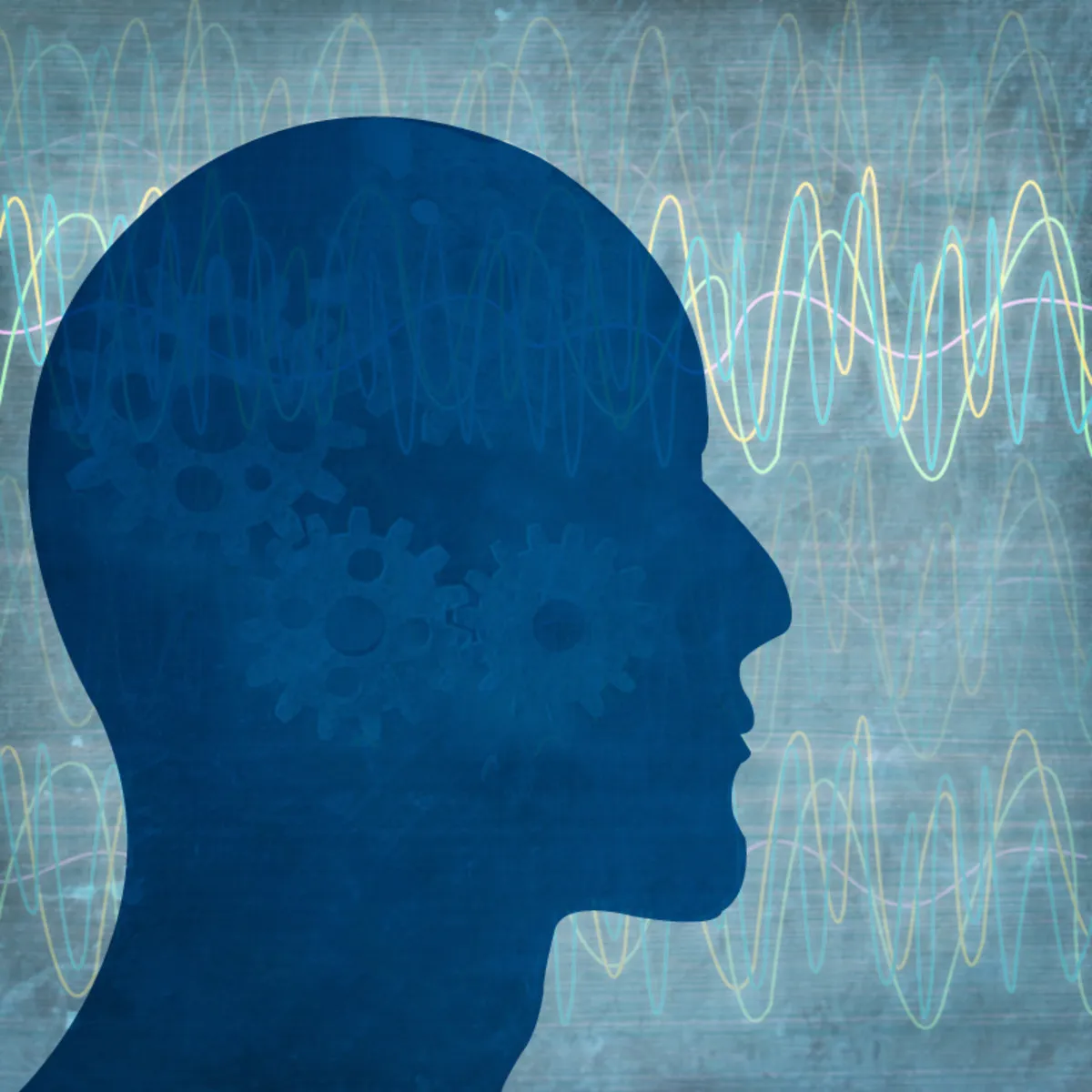
Forensic Psychology Course: Witness Investigation 
This course provides an overview of the role of forensic psychology in witness investigation, exploring how psychological principles can be used to obtain reliable evidence and ensure justice is served. ▼
ADVERTISEMENT
Course Feature
![]() Cost:
Cost:
Paid
![]() Provider:
Provider:
Futurelearn
![]() Certificate:
Certificate:
No Information
![]() Language:
Language:
English
Course Overview
❗The content presented here is sourced directly from Futurelearn platform. For comprehensive course details, including enrollment information, simply click on the 'Go to class' link on our website.
Updated in [March 06th, 2023]
This Forensic Psychology Course: Witness Investigation provides an in-depth exploration of the psychology of eyewitness testimony. Participants will gain an understanding of the cognitive processes involved in criminal investigations and the potential for blunders due to human brain limitations. Through this course, participants will improve their own investigative abilities and gain insight into the relationship between human brain limitations and miscarriages of justice. Topics of discussion will include criminal investigation concepts, human cognition, and the blunders that the human brain can make.
[Applications]
The application of the Forensic Psychology Course: Witness Investigation can be seen in many areas. It can help law enforcement officers to better understand the psychology of eyewitness testimony and improve their investigative abilities. It can also help legal professionals to gain a better understanding of human cognition and the blunders that the human brain can make. Additionally, it can help criminal investigators to gain a better understanding of criminal investigation concepts and the relationship between human brain limitations and miscarriages of justice.
[Career Paths]
1. Forensic Psychologist: Forensic psychologists use psychological principles to assist in the criminal justice system. They often work with law enforcement to evaluate suspects, provide expert testimony in court, and help victims of crime. They also work with attorneys to develop strategies for defending clients. As the field of forensic psychology continues to grow, there is an increasing demand for professionals in this field.
2. Criminal Investigator: Criminal investigators are responsible for gathering evidence and conducting interviews to help solve crimes. They often work with law enforcement to investigate crimes and develop strategies for apprehending suspects. As technology advances, criminal investigators are increasingly using technology to help them in their investigations.
3. Victim Advocate: Victim advocates provide support and assistance to victims of crime. They often work with law enforcement to ensure victims are treated fairly and their rights are protected. They also provide emotional support to victims and help them navigate the criminal justice system. As the field of victim advocacy continues to grow, there is an increasing demand for professionals in this field.
4. Legal Analyst: Legal analysts provide legal advice and analysis to attorneys and other legal professionals. They often work with attorneys to develop strategies for defending clients and to review legal documents. As the legal system continues to evolve, there is an increasing demand for professionals in this field.
[Education Paths]
1. Bachelor of Science in Forensic Psychology: This degree program provides students with a comprehensive understanding of the legal system and the psychological principles that are used to investigate and analyze criminal behavior. Students will learn about the legal system, criminal behavior, and the psychological principles used to investigate and analyze criminal behavior. They will also gain an understanding of the ethical and legal implications of forensic psychology. This degree program is ideal for those interested in pursuing a career in law enforcement, criminal justice, or psychology.
2. Master of Science in Forensic Psychology: This degree program provides students with an in-depth understanding of the legal system and the psychological principles used to investigate and analyze criminal behavior. Students will learn about the legal system, criminal behavior, and the psychological principles used to investigate and analyze criminal behavior. They will also gain an understanding of the ethical and legal implications of forensic psychology. This degree program is ideal for those interested in pursuing a career in law enforcement, criminal justice, or psychology.
3. Doctor of Philosophy in Forensic Psychology: This degree program provides students with an advanced understanding of the legal system and the psychological principles used to investigate and analyze criminal behavior. Students will learn about the legal system, criminal behavior, and the psychological principles used to investigate and analyze criminal behavior. They will also gain an understanding of the ethical and legal implications of forensic psychology. This degree program is ideal for those interested in pursuing a career in law enforcement, criminal justice, or psychology.
4. Master of Arts in Forensic Psychology: This degree program provides students with an in-depth understanding of the legal system and the psychological principles used to investigate and analyze criminal behavior. Students will learn about the legal system, criminal behavior, and the psychological principles used to investigate and analyze criminal behavior. They will also gain an understanding of the ethical and legal implications of forensic psychology. This degree program is ideal for those interested in pursuing a career in law enforcement, criminal justice, or psychology. Additionally, this degree program is becoming increasingly popular as the demand for forensic psychologists continues to grow.
Course Syllabus
Eyewitness testimony
Witness memory
Inattentional blindness and observation of criminal incidents
Interviewing witnesses
Facial recognition
Visual identification
Course Provider

Provider Futurelearn's Stats at AZClass
The Forensic Psychology Course provides an overview of the role of forensic psychology in witness investigation and explores how to use psychological principles to obtain reliable evidence and ensure justice is served. Learners will understand the psychology of witness testimony, improve their own investigative skills, understand what goes wrong with their own brains, discuss criminal investigation concepts, and investigate and reflect on the limitations of the human brain in relation to miscarriages of justice. Learners can also use the knowledge gained in this course to better understand the psychology of eyewitness testimony and improve their own investigative skills.
Discussion and Reviews
0.0 (Based on 0 reviews)
Explore Similar Online Courses

Health And Wellness Coaching Certification (CPD Accredited)

Supply Chain for Management Consultants & Business Analysts

Python for Informatics: Exploring Information

Social Network Analysis

Introduction to Systematic Review and Meta-Analysis

The Analytics Edge

DCO042 - Python For Informatics

Causal Diagrams: Draw Your Assumptions Before Your Conclusions

Whole genome sequencing of bacterial genomes - tools and applications

A Life of Happiness and Fulfillment

Social Norms Social Change II


Start your review of Forensic Psychology Course: Witness Investigation